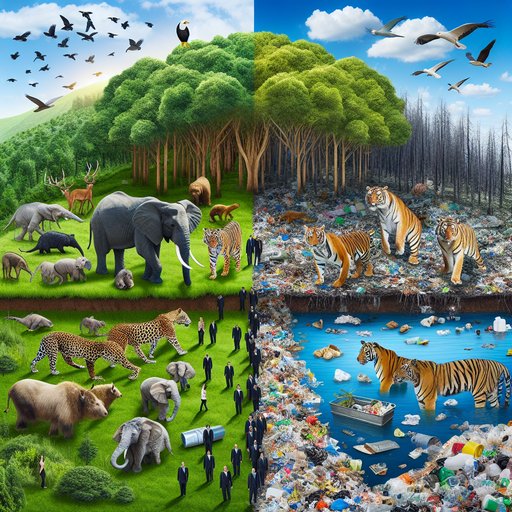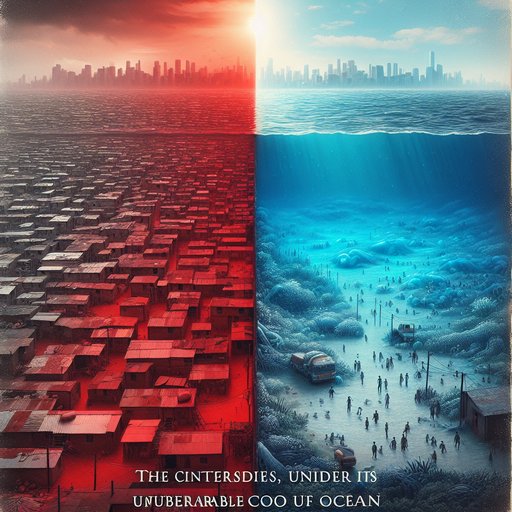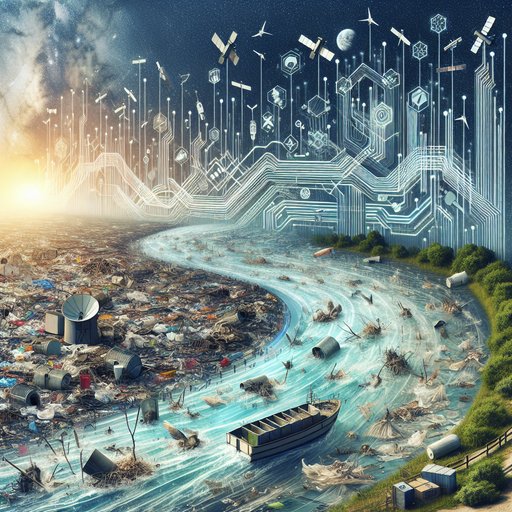- Details
- Written by: Bob Fratenni

A new scientific study with a deceptively simple title—Effect of canal blocking on biodiversity of degraded peatlands: Insight from West Kalimantan—offers something our extractive age rarely grants: a pause for thought [4]. It asks, in essence, whether undoing a past incision into a living landscape can help life return, and how we might know. As an anthropologist who studies how cultures bind themselves to ecosystems, I hear in this question a broader challenge to our technological impulse to cut first and consider later. If we are willing to test, measure, and listen in peatlands, we should be even more cautious in the oceans, where we barely grasp the rhythms we threaten to disrupt. The lesson from West Kalimantan is not only about canals and biodiversity; it is about humility as a practice, restoration as a cultural ethic, and the moral difference between mending and mining [4].
- Details
- Written by: Bob Fratenni

Eat, Poop, Die. It is a crude mantra for a sublime truth: animals transform worlds by cycling nutrients, fertilizing seas and soils, and stitching life into long, looping feedbacks. Humans, by contrast, have built a culture that mistakes disposal for progress, a one-way chute from extraction to landfill that severs the very loops that keep us alive. Rivers once ferried myths and meanings; today they are made to carry what we cannot be bothered to steward. If we want living waters and living futures, we must relearn reciprocity from the messy elegance of ecology and hardwire it into the institutions that govern the blue half of our planet.
- Details
- Written by: Bob Fratenni

Heat kills democratically, but policy never does. It shields the insulated first and leaves the rest to swelter. That is the lesson of red-lined neighborhoods that map onto asphalt islands, where history bakes into concrete and shade is a privilege parceled by budget lines. As an anthropologist, I read cities as weathered palimpsests of power; the streets tell us who was meant to thrive and who was meant to endure. Today’s ocean politics are writing a similar script at planetary scale. A raft of headlines announcing that an international treaty to protect the high seas will take effect in January and has crossed the ratification threshold sounds like a cool front after a brutal summer [1][2][4][5][6][9]. But whether the blue commons becomes a public shade tree or a private cabana will depend on how we translate a primer’s promises into practice [7].
- Details
- Written by: Bob Fratenni

McKinsey’s latest breakdown of 13 tech trends for the year ahead arrives like a glossy prospectus for progress, and yet it lands in a world where our technological currents already run thick with externalities [10]. When a river turns toxic, it is a mirror held up to our consumption habits; industries externalize costs, ecosystems pay in carcasses and silence. The same logic is migrating upstream to the sky, where connectivity, convenience, and speed promise abundance while quietly burdening shared atmospheres and orbits. If lists like McKinsey’s are to guide investment, then the outrage over hidden costs must translate into regulation and restorative justice—not as an afterthought, but as a first principle [10].










































